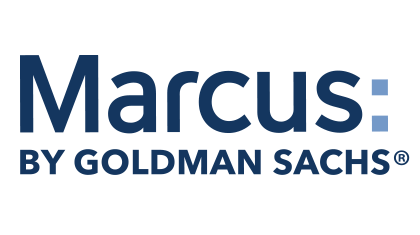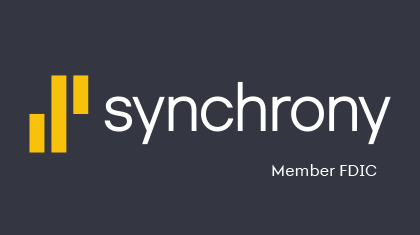Understanding the Factors That Affect CD Rates
Most bank depositors are familiar with the process of purchasing a CD and how a CD works.
Basically, you leave your money in the bank for a specific period of time and at the end of that period, the bank puts in an additional amount to your initial investment as payment for the use of your money.
The income that you get from your investment depends on the CD rate that has been set at the start of the term.
In order for you to maximize the potential earnings of your money, it is, therefore, important that you are aware of the factors that banks use in determining their CD rate offerings.
CD Term
The term of the CD plays an important factor.
As a general rule, CDs that stay with the bank for longer periods should get higher rates.
This is because of the longer the CD tenure, the less liquid a depositor’s investment is.
In addition, he also runs the risk of inflation, with his investment losing purchasing power as it gets tied with the longer term CD.
While the differences in interest rate from one CD term to another, e.g., 12-month vs 24-month CD rate, may not be that significant depending on market conditions, you can always be sure that the longer commitment will always get the better yields.
Competition Among Banks
With so many financial institutions vying for the patronage of consumers – online, local, and big banks, plus the credit unions -- one easy way of getting depositors to switch banks is to offer attractive CD rates.
Banks are willing to gamble on spending more on higher rates in hopes that customers will also transfer their other low-interest deposits such as savings and checking accounts.
Prevailing Economic Conditions
CD rates are also dependent on the current economic environment.
Deposits generated from the clients are typically used by banks to invest in higher-yielding investments or lent out to borrowers at a higher rate, thereby earning for themselves a neat little profit.
However, banks can also borrow money from the government through the Federal Reserve for these same purposes, and when the federal funds rate offered by the Fed is low, banks will opt for a cheaper source of funds than pay a premium on customers’ deposits.
This scenario is clearly manifested during this economic recession where the Fed’s rates have dropped to less than 1% in an effort to get banks lending again, thereby thawing the frozen credit markets.
As a result, CD rates have also dropped to rock-bottom levels.
Defining Your Investment Strategy
Are CD rates expected to go up in the next few months?
Is your bank giving you the best rates?
Keeping the above factors in mind, you can now better plan your investing strategy.
If CD yields are expected to rise soon, then
This means sacrificing a few dollars now to give yourself the opportunity of reinvesting possibly at a higher rate in the near future.
CD vs. High Interest Savings Account
High interest or high yield savings accounts are savings accounts that pay a higher interest rate than ordinary savings or checking accounts.
How much more depends on the bank. Like a traditional savings account, all of your money is available to you at any time without penalty.
Liquidity at a price
The advantage a high yield or high interest savings account has over a CD is its liquidity.
However, that liquidity comes at a price, a lower interest rate. While the rates on these accounts are higher than an ordinary day-to-day savings account, they are lower CD interest rates.
Virtually all high interest savings accounts are only available through online banks. These banks are able to offer higher interest rates than traditional brick and mortar banks because they have lower operating expenses.
Online banks, like traditional banks, are FDIC insured. The disadvantage of a high interest savings account with an online bank is that it can take several days to a week to receive your money when you request a withdrawal.
How do the rates compare
It is important to comparison shop your options and choose the one that works best for you.
If you think you will need some or all of your money in the near future, consider a high-interest savings account.
If you think you will need immediate access to small amounts of your money on a regular basis, consider a traditional savings account.
If you're looking for a place for your emergency fund, a CD may be your best option.




